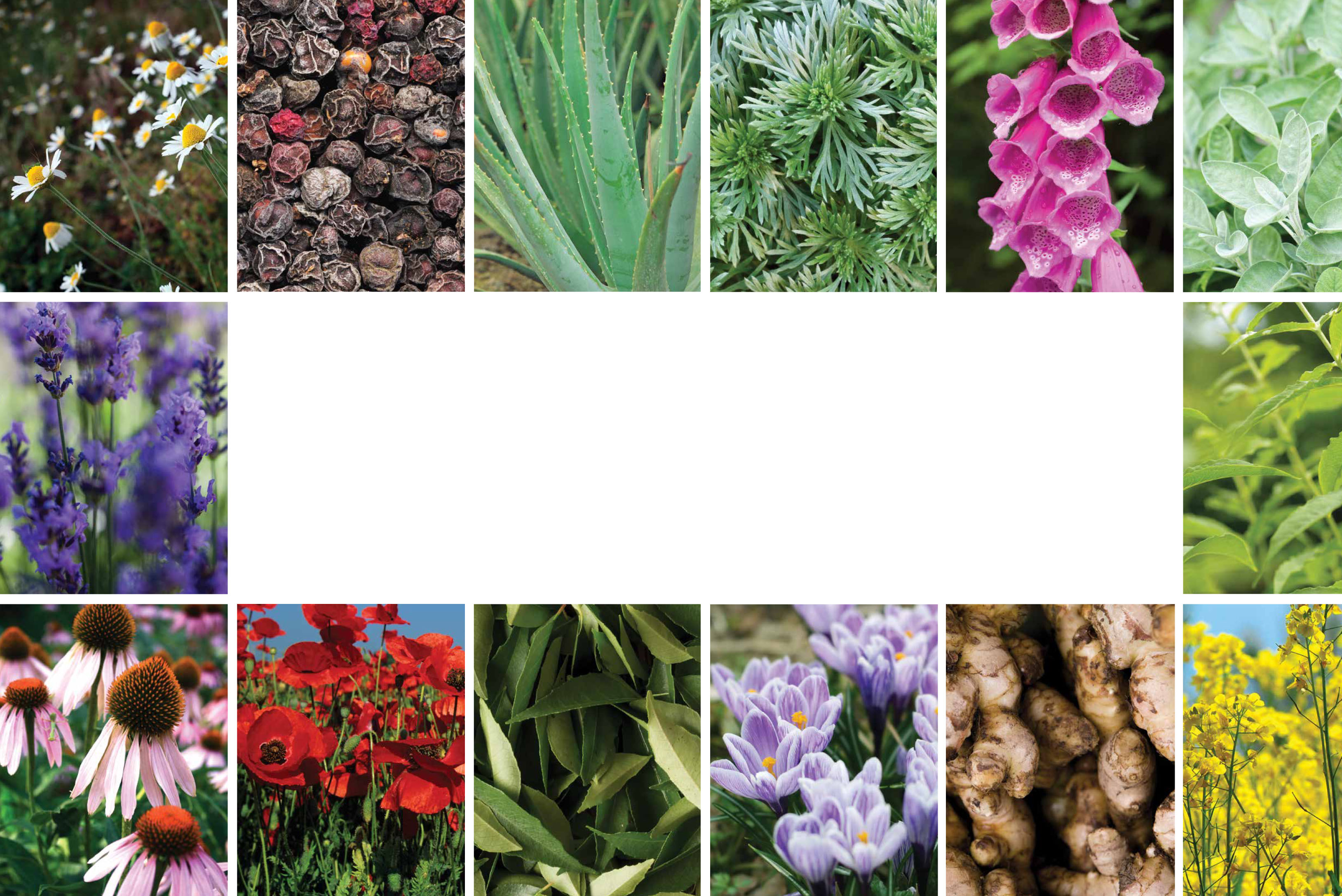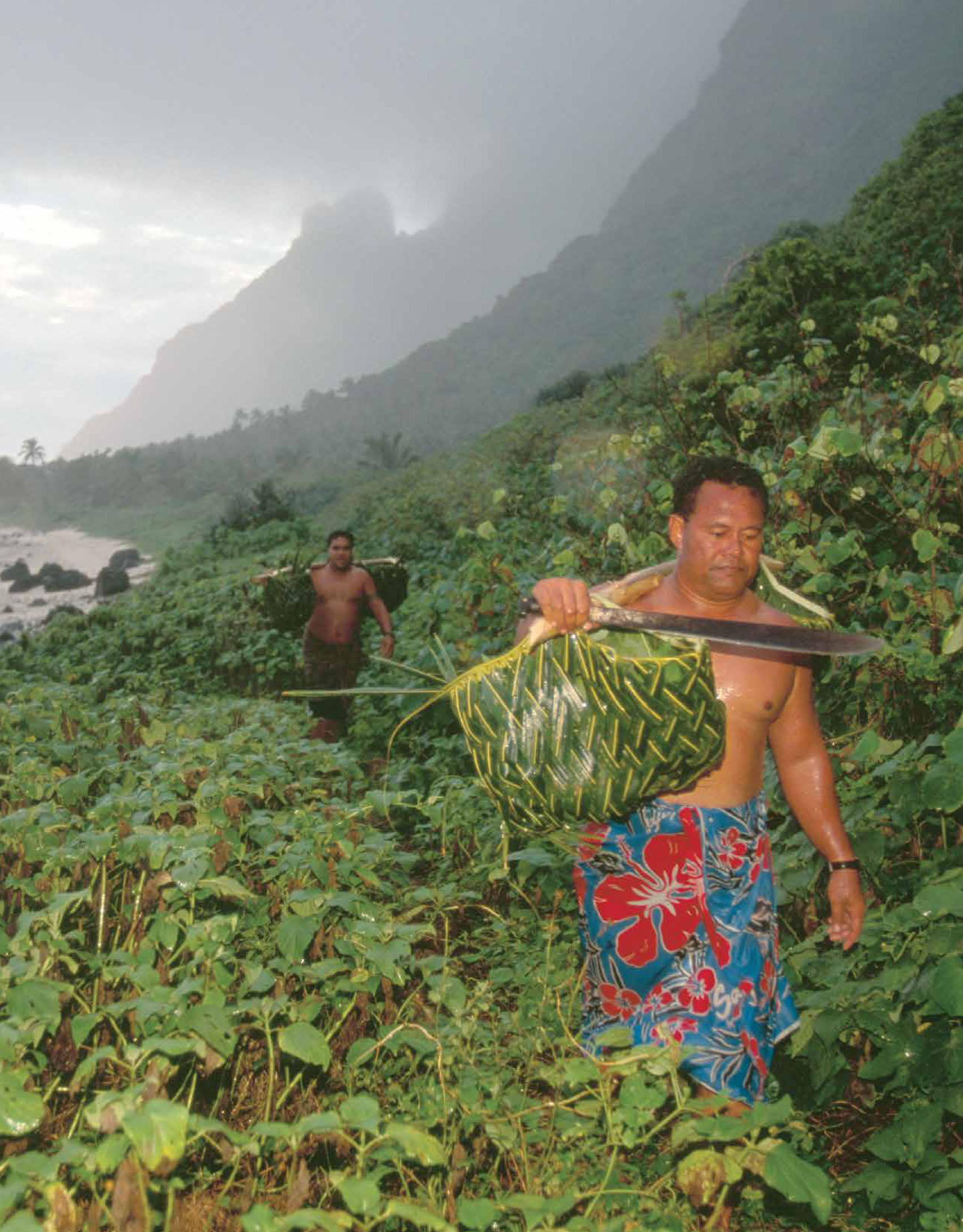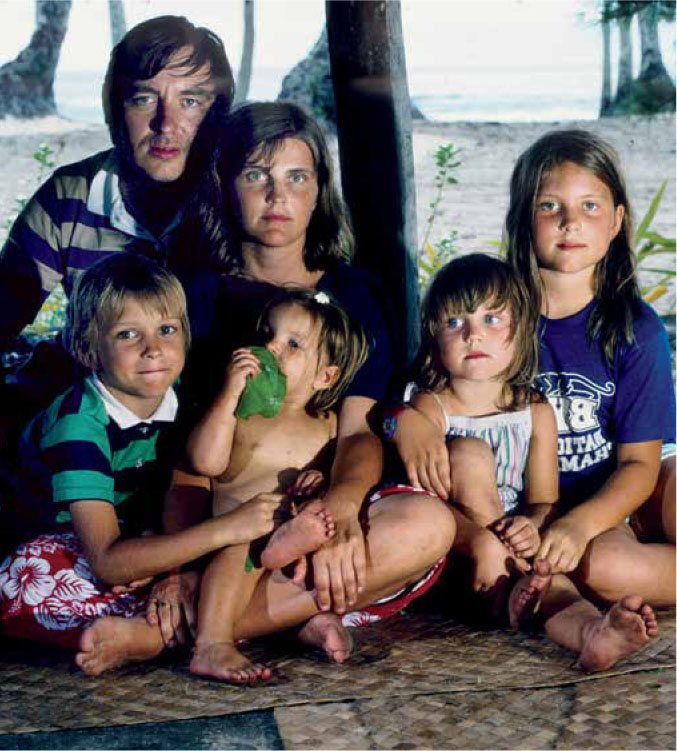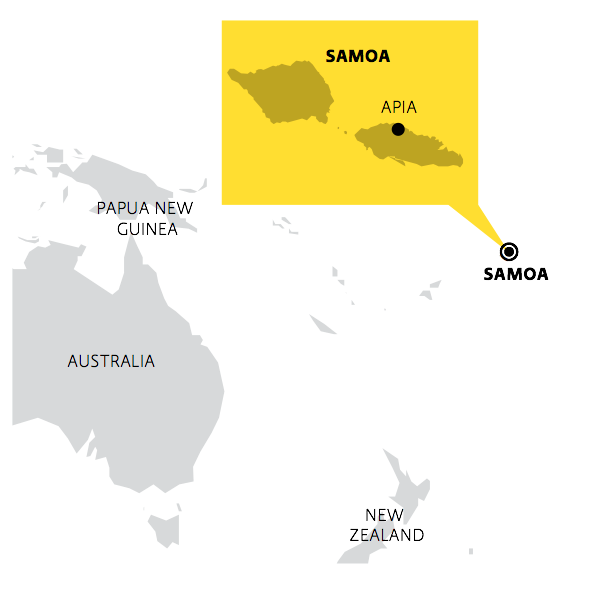9.1 Will the bark of an ordinary tree in Samoa become a cure for cancer?
| CHAPTER 9 | BIODIVERSITY |
NATURE’S MEDICINE CABINET
148
149

CORE MESSAGE
The variety of life on Earth is tremendous. This biodiversity provides important ecological services to ecosystems; we depend on these same services for things like food, medicine, and economic development. There are many compelling reasons to protect species and many approaches we can use.
GUIDING QUESTIONS
After reading this chapter, you should be able to answer the following questions:
 What is biodiversity and why is it important?
What is biodiversity and why is it important? What is the estimated total number of species on Earth and which taxonomic groups have the most species? How sure are we of these numbers? Why?
What is the estimated total number of species on Earth and which taxonomic groups have the most species? How sure are we of these numbers? Why? How do genetic diversity, species diversity, and ecological diversity contribute to ecosystem function and services?
How do genetic diversity, species diversity, and ecological diversity contribute to ecosystem function and services? What are biodiversity hotspots and why are they important?
What are biodiversity hotspots and why are they important? What can be done to protect biodiversity?
What can be done to protect biodiversity?
150

151
It was his mother’s death in the fall of 1984, from a particularly aggressive form of breast cancer, that drove Paul Cox back to the Samoan rainforest. Cox had first visited the South Pacific island in 1973, through an undergraduate research program with Brigham Young University, where he was majoring in botany. Since then, the Utah native had earned a Ph.D. from Harvard and made a career studying plant physiology in the United States.

WHERE IS SAMOA?

But when the best of Western medicine failed to cure his mother, Cox remembered the Samoans—their rich folk-healing traditions, and the profound influence that jungle plants had on their health and well-being. Surely, he thought, somewhere in the lush abundance that had long sustained this impoverished island nation must be a compound powerful enough to obliterate the most insidious of tumours. “I told my friends at the National Cancer Institute, ‘If there is even a 1% chance of finding something, it’s worth taking a look,’” he recalls. “They said ‘We think there is like a 3% chance.’ So I went.” Six months after his mother’s funeral, with his wife and four young children in tow, Cox returned to Samoa.